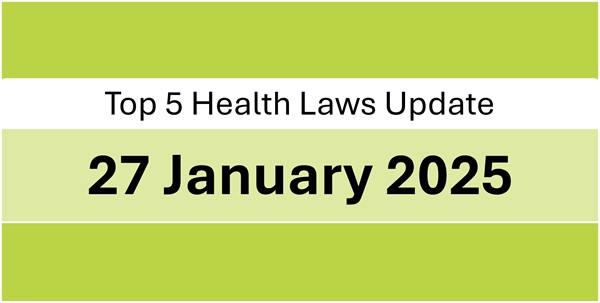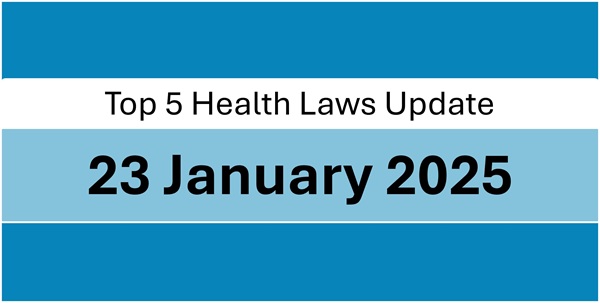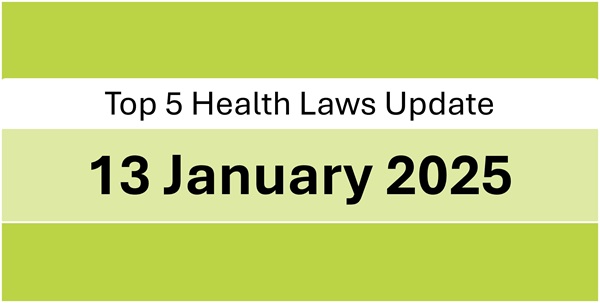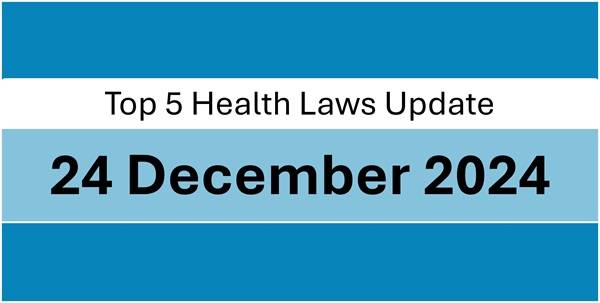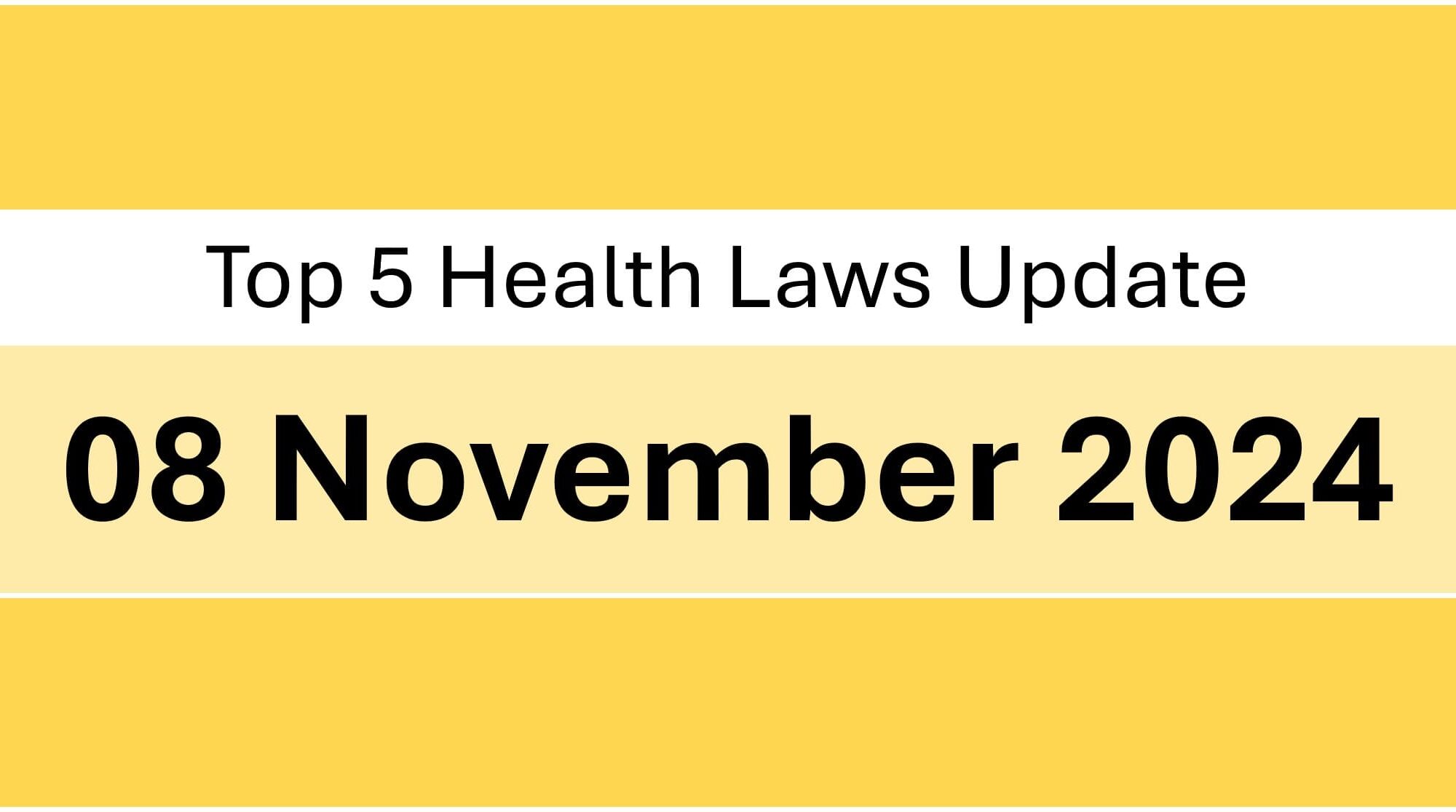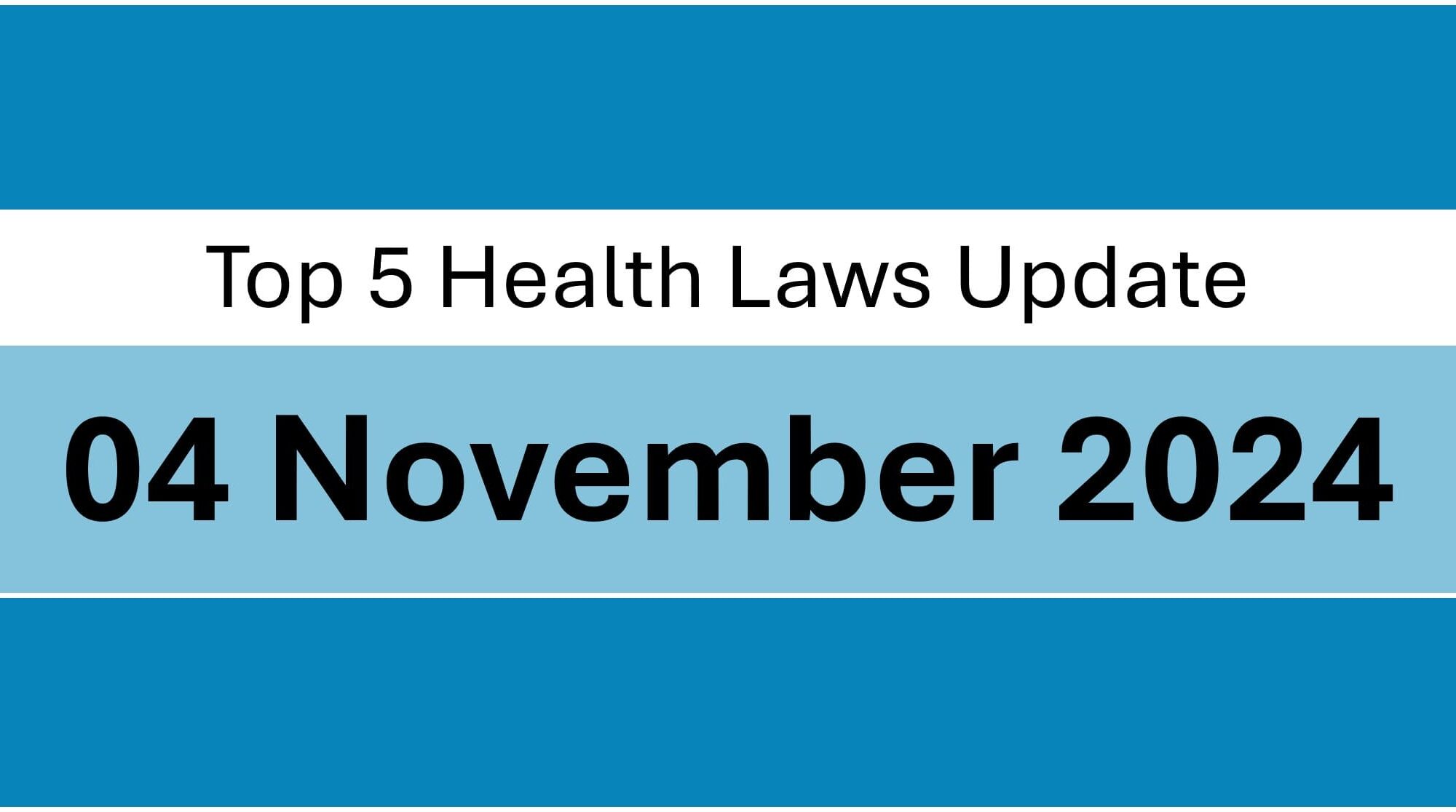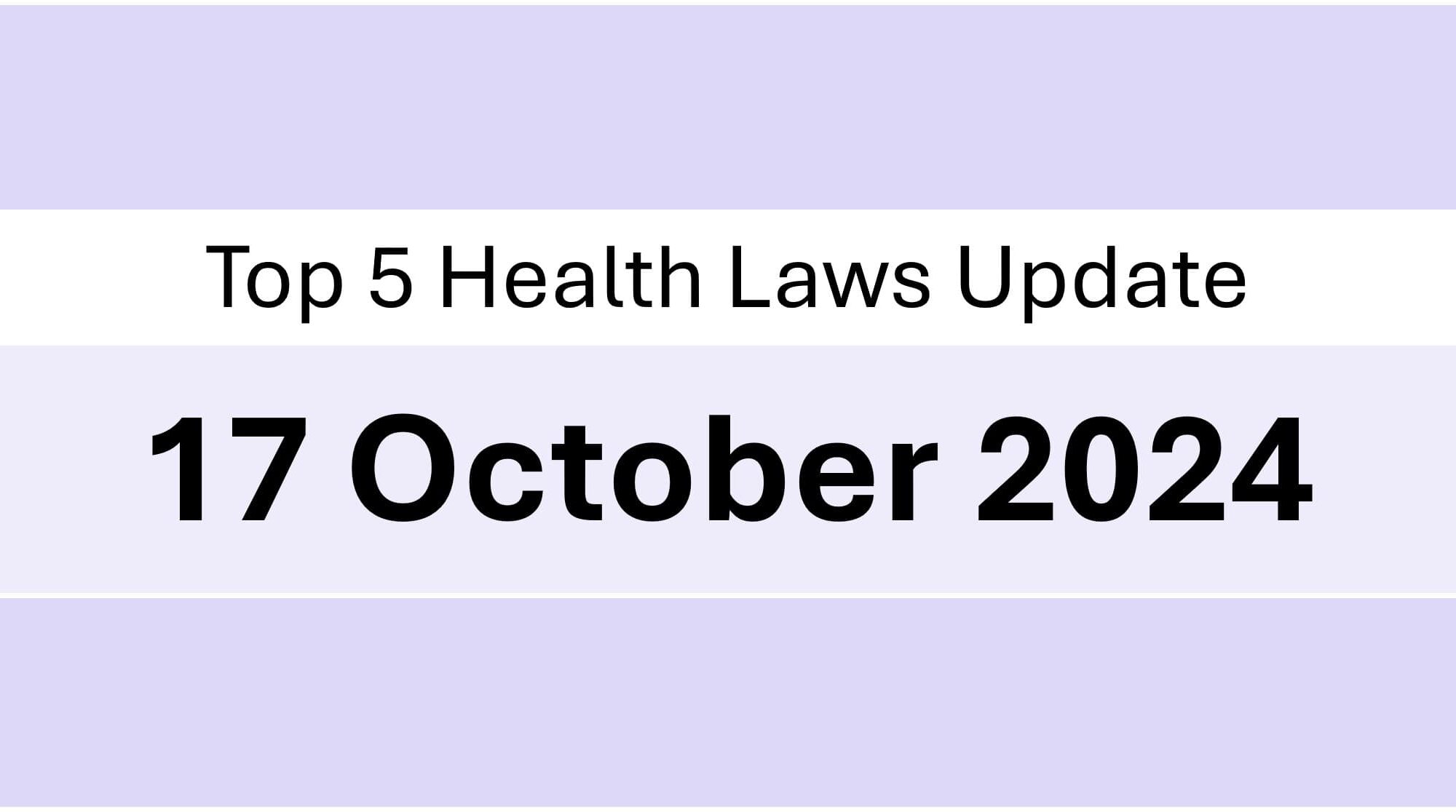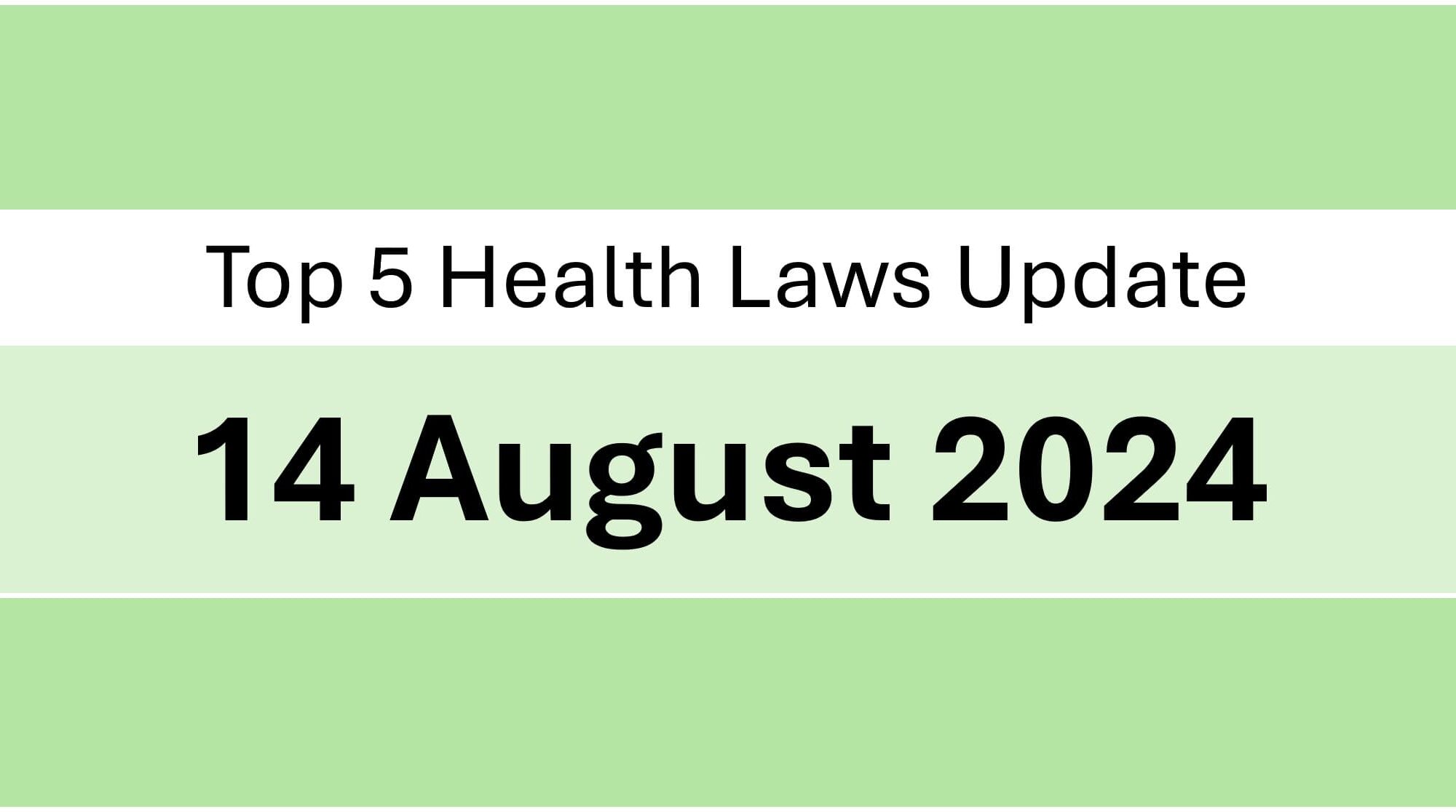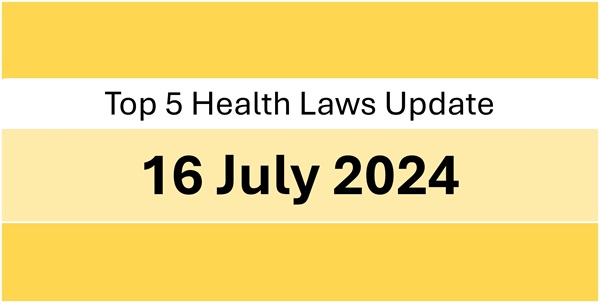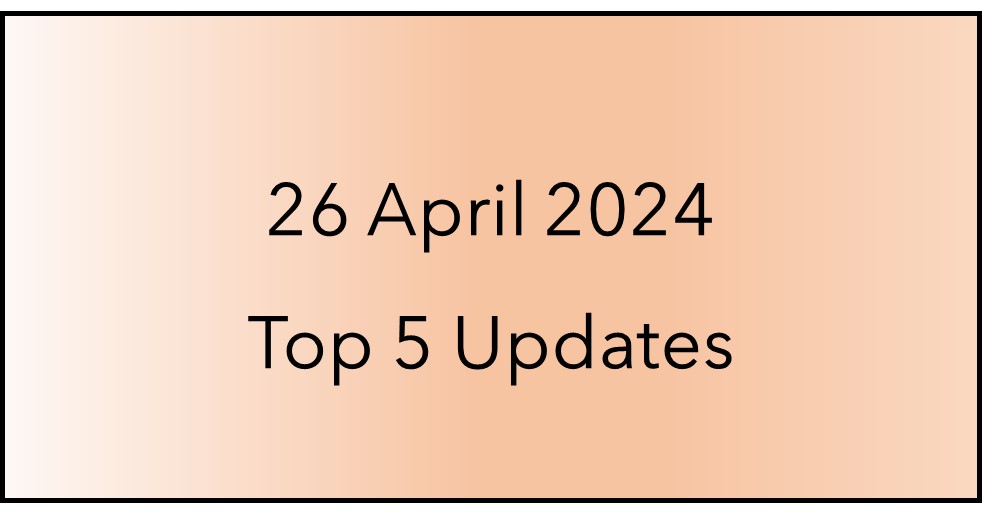Dear Readers, we are happy to share the most interesting legal and policy updates concerning health industry that we read today. we hope you enjoy reading it.
1. The Kerala High Court has emphasized the need for caution among investigating officers when implicating doctors under the POCSO Act for failing to report offenses. The court highlighted that such actions should not be taken lightly, especially in cases where there is no clear evidence of deliberate intent or negligence. This ruling aims to protect medical professionals from unwarranted legal repercussions that could arise from misunderstandings or misinterpretations of their responsibilities.
Source: bit.ly/4jxbEiQ
2. The Allahabad High Court has criticized government doctors for referring patients to private hospitals for financial gain, labelling the practice as a “menace.” The court directed the Uttar Pradesh government to formulate a policy to prevent doctors in state medical services from engaging in private practice, emphasizing the need for them to prioritize patient care in public hospitals. This ruling aims to ensure that government healthcare professionals fulfil their responsibilities without the influence of monetary incentives.
Source: bit.ly/3Cy62Eg
3. A leading Indian food company has recalled four tonnes of red chilli powder after the Food Safety and Standards Authority of India (FSSAI) ordered the action due to excessive pesticide residue levels in product samples. The company is advising customers to return the affected 200-gram packets for a full refund and is implementing stricter quality control measures with its suppliers to prevent future issues.
Source: bit.ly/3PTGhBw
4. A parliamentary panel has urged the National Pharmaceutical Pricing Authority (NPPA) to establish Price Monitoring and Resource Units (PMRUs) in all remaining states and union territories i.e. Andaman and Nicobar Island, Tamil Nadu, Delhi, Sikkim and Manipur. The initiative aims to enhance drug price monitoring and ensure the availability of essential medicines across India. Currently, PMRUs are operational in only a few regions, and expanding their reach is seen as crucial for better consumer awareness and accessibility.
Source: bit.ly/3CeopOJ
5. India’s Union Health Ministry has requested a legal opinion regarding the extension of the compliance deadline for revised Schedule M standards for micro, small, and medium enterprises (MSMEs) in the pharmaceutical sector. The proposed final draft could grant these companies an additional 12 months to meet the new requirements, which were initially set to take effect on January 1, 2025. This extension responds to requests from MSMEs for more time to upgrade their facilities and processes.
Source: bit.ly/3EdyI62

